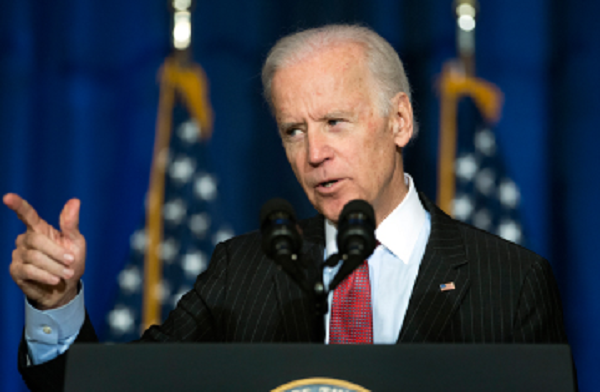The Justice Department recently carried out the largest number of arrests related to bribery and extortion in New York City, targeting numerous public housing employees. As reported by The New York Times, federal prosecutors in Manhattan have filed charges against 70 current and former employees of the New York City Housing Authority (NYCHA). These individuals are accused of accepting cash bribes from contractors in exchange for Housing Authority contracts.
According to prosecutors, the suspects allegedly received bribes totaling more than $2 million from contractors who were vying for contracts related to nearly 100 buildings under the Housing Authority across all five boroughs. The value of these contracts exceeded $13 million, and the suspects reportedly received kickbacks ranging from 10% to 20%, and sometimes even more, as stated by prosecutors and reported by the Times.
“This culture of corruption at NYCHA ends today,” Damian Williams, the U.S. attorney for the Southern District of New York, said during a press conference Tuesday morning, calling it a “classic pay to play” scheme.
A considerable portion of the corruption within the Housing Authority was related to smaller contracts, like window or plumbing repairs, which were initially overlooked. According to the report, city contracts worth less than $10,000 can be granted by local development managers without the requirement of public bidding, thus making them vulnerable to exploitation.
Lisa Bova-Hiatt, NYCHA’s chief executive, said the suspects “put their greed first and violated the trust of our residents, their fellow NYCHA colleagues, and all New Yorkers.”
“We will not allow bad actors to disrupt or undermine our achievements,” she added.
Meanwhile, the Housing Authority of the city, which is responsible for providing housing to more than half a million residents in over 2,400 buildings, is facing a multitude of other challenges.
Critics have strongly criticized the agency for its failure to maintain its aging buildings, which are plagued by problems such as rodent infestations, leaky pipes, and malfunctioning elevators. Moreover, the Housing Authority is struggling with a significant backlog of hundreds of thousands of individuals on its housing waiting list. The current state of the properties necessitates approximately $78 billion in repairs.
Simultaneously, tenants are paying less rent to the agency than ever before. In 2022, the Housing Authority collected a historically low 65% of the rent it was owed. Being the largest housing authority in the nation, the agency receives more than $1.5 billion in federal funding.
Mayor Eric Adams, a member of the Democratic Party, has emphasized the significance of affordable housing. Last autumn, he announced an ambitious objective of constructing 100,000 new homes to address the city’s severe housing shortage. Recently, a New York Supreme Court justice dismissed felony charges brought by Manhattan District Attorney Alvin Bragg against two individuals who had purchased counterfeit COVID-19 vaccination cards.
According to a report from the New York Post, Bragg has filed charges against two individuals, referred to only by their initials, J.O. and R.V. These individuals were accused of purchasing counterfeit vaccine cards from a stripper named Jasmine Clifford in New Jersey, allegedly in an attempt to bypass New York City’s vaccine mandate. The Manhattan District Attorney’s office selected 16 individuals out of approximately 100 who were suspected of obtaining fake vaccine cards from the same stripper, and charged all of them with felony criminal possession of a forged instrument.
Out of the initial 16 individuals charged, 14 opted to plead guilty to lesser charges. However, J.O. and R.V. decided to pursue the dismissal of their cases. Bragg opposed their efforts, resulting in the case being transferred to Lantry’s jurisdiction.
Supreme Court Justice Brandon T. Lantry fire back, announcing that Manhattan DA’s office under Bragg’s leadership has “routinely — nearly daily — move[s]to dismiss significantly more serious counts or entire indictments.”
“These motions submitted [by Bragg and his prosecutors]are made months or even years after the 45-day period has expired to dismiss … sexual assaults, drug sales, robbery, burglary, and other violent and non-violent serious felony offenses,” Lantry wrote.







